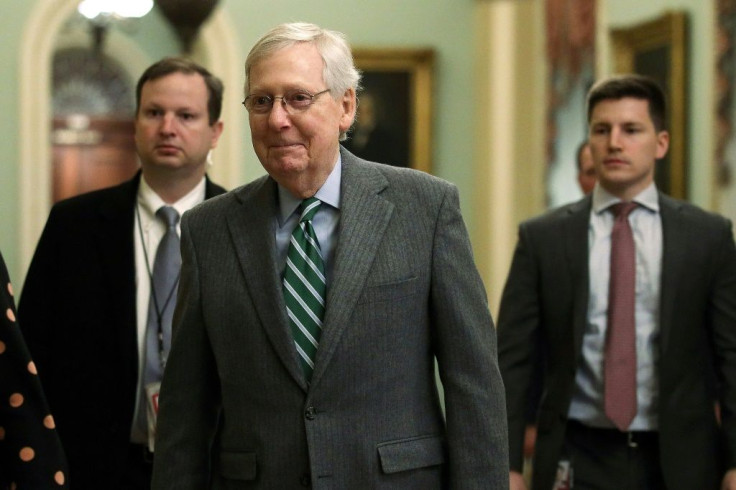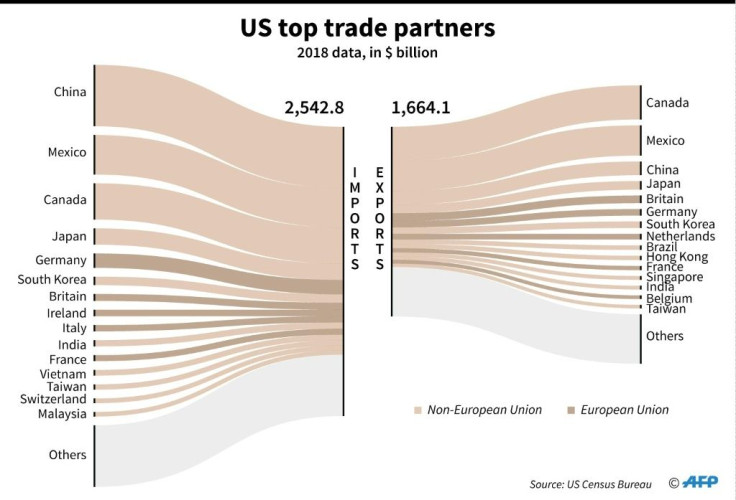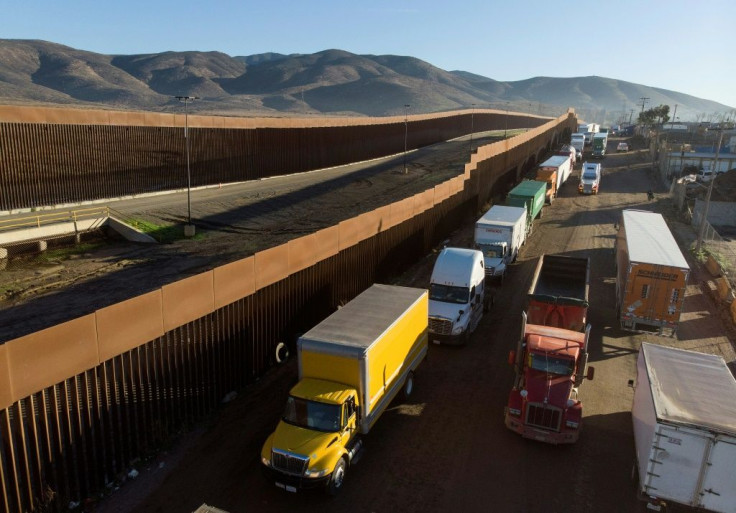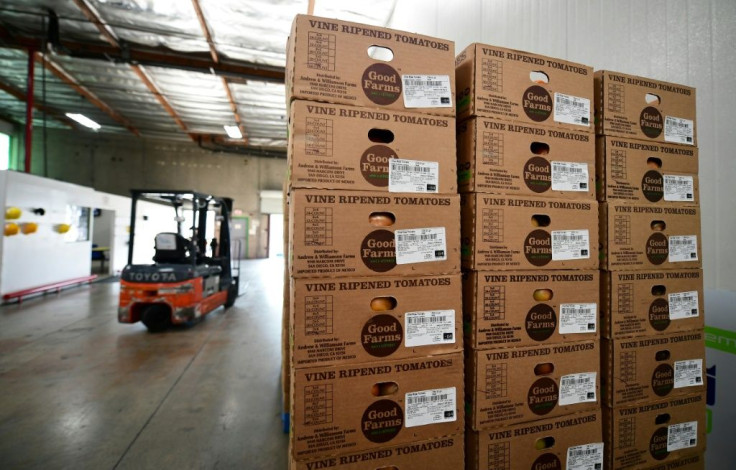US Senate Approves New North American Trade Deal

The US Senate on Thursday voted overwhelmingly to approve a new North American trade pact, handing President Donald Trump a second back-to-back trade win just as his impeachment trial was beginning in Washington.
After a brief debate, lawmakers voted 89-10 in favor of a bill allowing the US-Mexico-Canada agreement to take effect, overhauling trade relations among the three countries.
The USMCA bill faced some opposition -- including from Democratic leader Chuck Schumer, who said it failed to address the threat of climate change -- and Republican Pat Toomey of Pennsylvania, who complained that it erected barriers to free trade.
Given that the USMCA was negotiated at his instigation, Trump's signature is not in doubt, however.
In split-screen drama and with the vote scarcely concluded, House lawmakers who will serve as prosecutors in Trump's trial gathered in the well of the Senate bearing articles of impeachment which were later read aloud to the chamber -- setting the historic proceedings in motion.
The second straight day of good news on the trade front offered a welcome boost for the embattled president, who faces a tough re-election fight 10 months from now.
Adoption of the continent-wide agreement comes less than a day after Washington and Beijing reached a separate partial deal, pausing a damaging trade war between the world's top two economies and letting farmers and businesses breathe a sigh of relief.

Wall Street also welcomed the news as stocks closed at fresh all-time highs for the fifth time in January.
In an internet video, Mexican President Andres Manuel Lopez Obrador hailed the USMCA's Senate passage, calling the news "very meaningful" as it signaled "more confidence in Mexico" and would lead to growth and investment.
The USMCA is billed as an update to the 1994 North American Free Trade Agreement, which Trump had long lambasted as a job killer and threatened to scrap outright.
House lawmakers voted last month to adopt the USMCA after winning changes to the text, including stronger guarantees that Mexican labor reforms can be enforced, as well as changes governing medications and environmental standards.

"Today, the Senate passed a USMCA that has been transformed by Democrats' leadership," House Speaker Nancy Pelosi said in a statement.
Mexican lawmakers adopted those changes last month while Canada has yet to vote on the text, the final step for it to enter into force.
Trump had long blamed NAFTA for the offshoring of American jobs, and negotiations for what would become the USCMA began in August of 2017.
Mexican and Canadian officials likewise conceded that the 26-year-old NAFTA, ratified in an era before the rise of digital commerce, was in need of an update.

The new treaty was signed by the three countries in November 2018.
The earlier NAFTA created a vast free-trade zone across North America, leading to radical shifts in the makeup of industries in the three countries and vastly increasing cross-border exchanges in goods, services and people.
While the agreement produced winners and losers in some areas, economists say overall it increased growth and raised the standard of living in North America.
The new deal changes content rules on auto manufacturing and requires higher salaries for some Mexican auto workers.
It also makes changes to e-commerce, intellectual property protections and dispute settlement for investors, as well as tougher labor provisions that require reforms to Mexico's labor laws
An analysis by an independent US trade commission in April showed the USMCA was likely to have a "moderate" positive effect on the US economy -- largely by reducing uncertainty about the rules governing trade.
On the other hand, it could also result in lower US auto production and sales, according to the US International Trade Commission.
But US Trade Representative Robert Lighthizer has said the agreement should result in billions more in investments in the auto sector and purchases of parts, citing commitments made by manufacturers, as well as hundreds of thousands of new jobs.
Businesses and the agricultural lobby in recent months had urgently pressed lawmakers to advance the new treaty and help end trade uncertainty.
US trade with Canada and Mexico supports 12 million American jobs and 49 of 50 US states list Mexico or Canada among their three top export destinations, according to the US Chamber of Commerce.
Canada and Mexico together represent 40 percent of the growth in US goods exports. Trade with those two countries reached $1.4 trillion in 2018.
Trump aides believed the bill's success vindicated the president's maximum pressure strategy, including the use of punitive tariffs to extract concessions from trade partners.
© Copyright AFP 2024. All rights reserved.





















